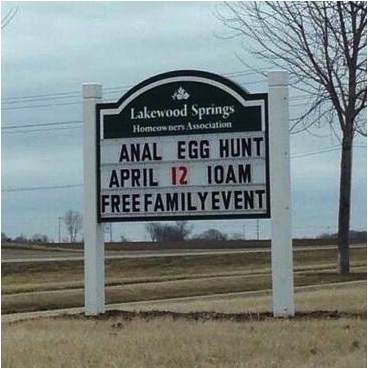Yesterday evening there was dark smoke on the skyline as your correspondent returned from an early evening pint. However, it wasn’t until this morning that its full significance and exclusive nature was revealed by the Bristol Post, the city’s newspaper of warped record.

As per the screenshot above, the Post duly reported a fire at a scrapyard in the Fishponds area, although a later report moved the fire to nearby Speedwell.
Furthermore, the conflagration must have been painful on the ears for anyone in the vicinity or downwind as the smoke was “bellowing“.
However, as the witnesses interviewed by the paper make no mention of noise, it can only be assumed that the hapless hack had an unfortunate vowel movement.
The later report did state correctly that “A scrapyard in Speedwell left dark smoke billowing over parts of Bristol,” but not until the hopeless howler had caused much merriment in the reports comments section.
If the reporter in question happens upon this post, the definitions of bellow and billow are given below for future reference:
Bellow: (of a person or animal) emit a deep loud roar, typically in pain or anger: e.g. “he bellowed in agony”
Billow: (of smoke, cloud, or steam) to move or flow outward with an undulating motion: e.g. “smoke was billowing from the chimney-mouth”.
Both definitions are courtesy of Oxford Dictionaries.









